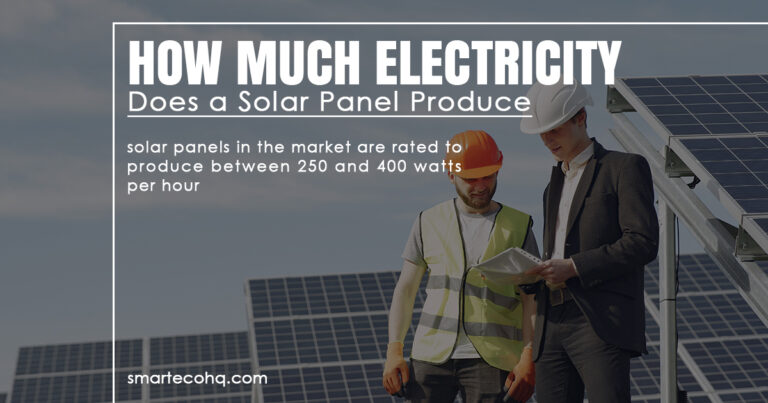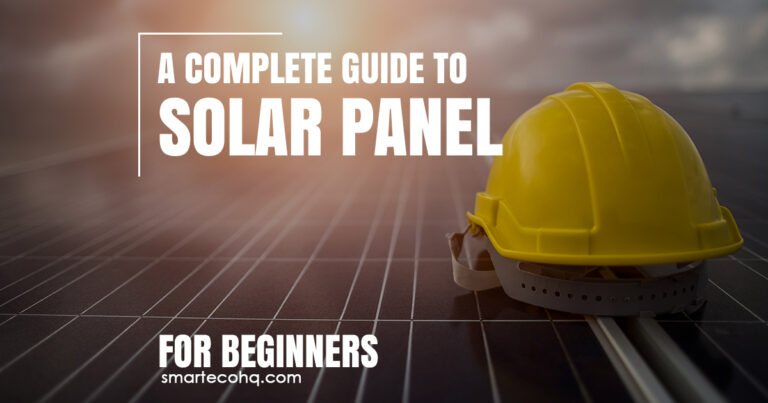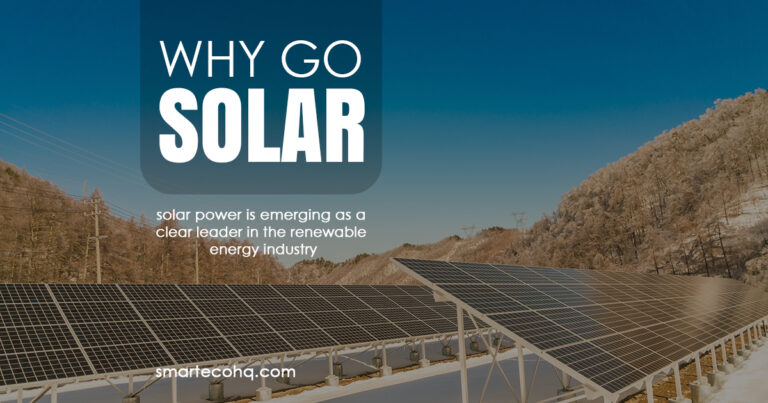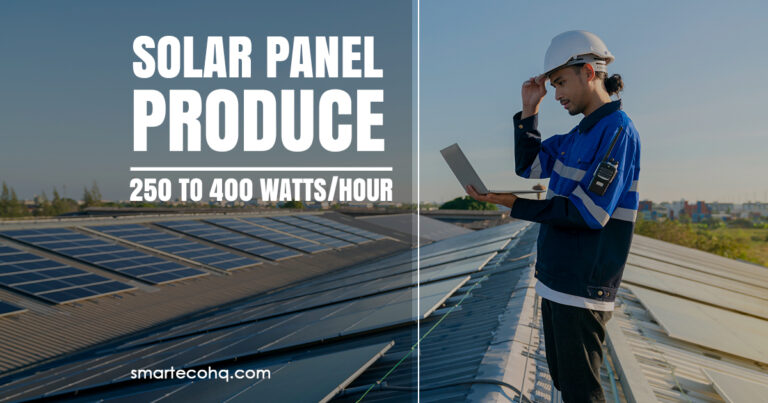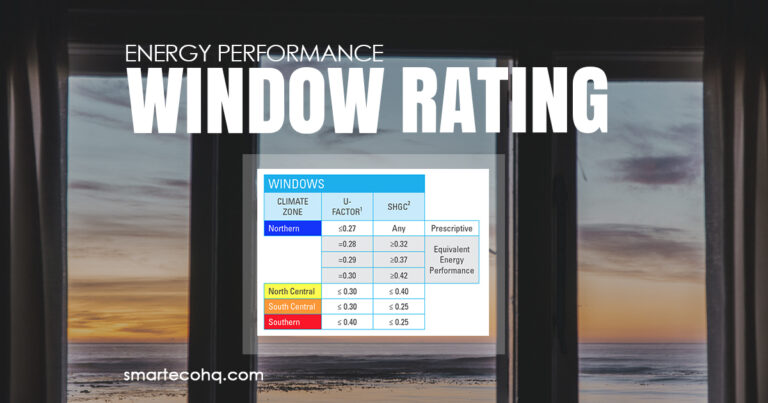Solar Panel Sizes: Understanding, Choosing and Optimizing
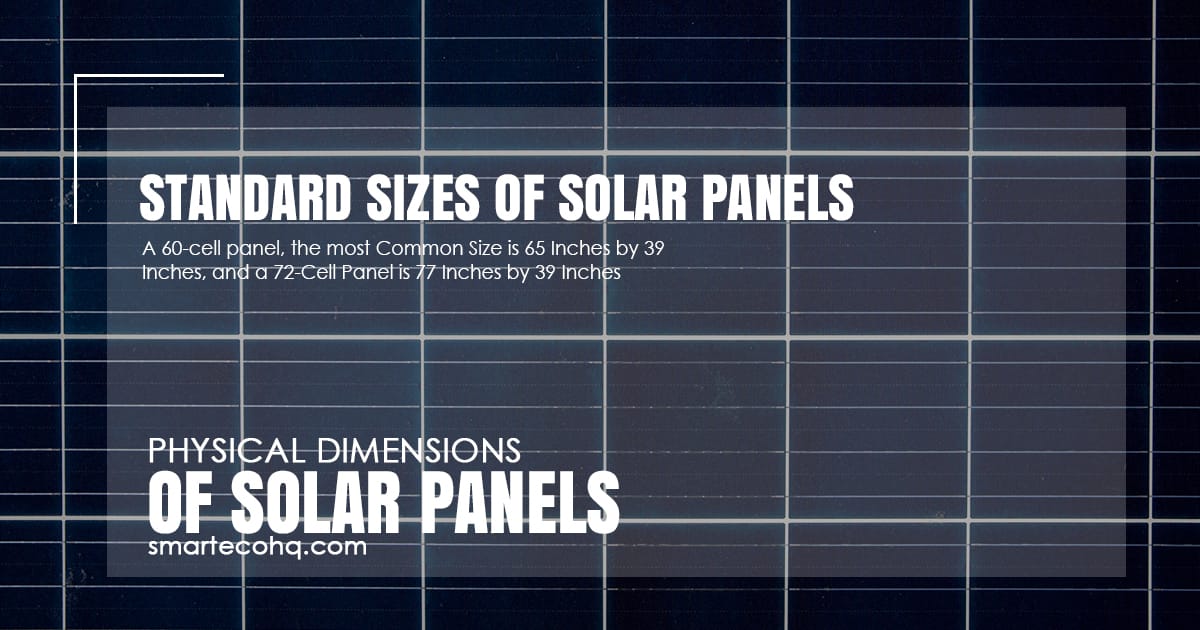
“Maximize your solar investment by understanding solar panel sizes. From selection to optimization, we’ve got you covered. Click now for a brighter, more efficient future!”
1: Solar Panel Sizes
Before diving deep into the discussion of Solar Panels’ Sizes, it’s important to know the unit of measurement used to define solar panel sizes. Watts (w) and Kilowatts (kw) are the units of measurement for solar panels. A watt is a unit of electricity, and a kilowatt is 1,000 watts.
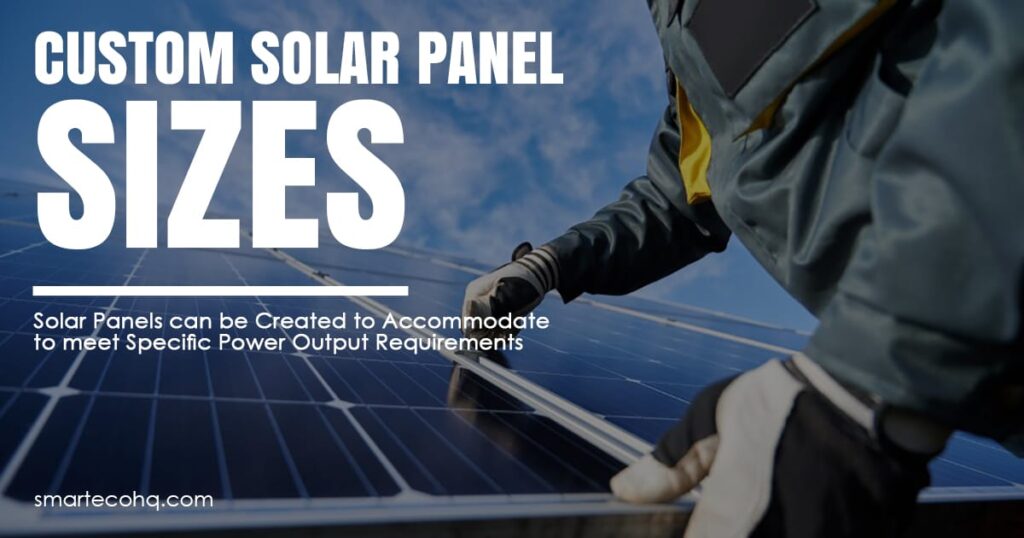
When choosing a solar panel, consider your energy requirements as well as the available installation space. Although a larger solar panel will produce more energy, it may not be appropriate for smaller spaces.
2: Standard Sizes of Solar Panels
The most commonly used physical dimensions of solar panels for both residential and commercial installations are referred to as standard solar panel sizes. For a 60-cell panel, the most common size is 65 inches by 39 inches, and a 72-cell panel is 77 inches by 39 inches. The thickness of these panels varies but is usually around 1.5 inches.
Commercial solar panel sizes might vary based on the manufacturer and intended purpose. They are, however, larger than residential panels, measuring up to 96 inches by 48 inches or more.
It should be remembered that standard solar panel sizes are proportionate to power output and efficiency. Larger, more surface-area solar panels can generate more power than smaller panels. This is owing to their greater ability to capture and convert more sunlight into power.
However, both the available area for solar panel installation and the energy requirements of the structure or home must be considered. If space is restricted, smaller panels, even if they provide less power, may be a better option. Furthermore, the type of solar panel utilized (monocrystalline or polycrystalline) might have an impact on power output and efficiency.
3: Factors to Consider
When choosing a solar panel size, several factors should be considered, including:
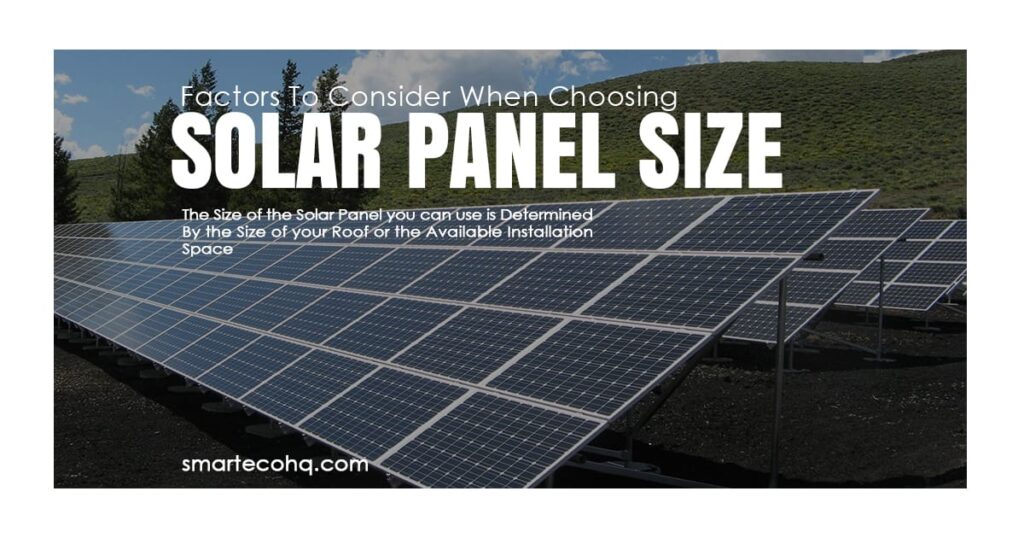
Available Area
The size of the solar panel you can use is determined by the size of your roof or the available installation space. A large solar panel may not fit on a smaller roof.
Energy Requirements
The amount of energy required determines the size of the solar panel required. Larger solar panels generate more energy and may be required in larger homes or commercial installations.
Efficiency
The efficiency of a solar panel determines how much electricity it can produce. A more efficient solar panel will produce more electricity while permitting the use of a smaller panel.
Cost
The cost of a solar panel rises with its size. Larger solar panels generate more energy, but they may not be the most cost-effective option for small-scale installations.
4: Custom Solar Panel Sizes
Custom Solar Panel sizes are available in addition to standard sizes to meet specific installation requirements. Custom solar panels can be created to accommodate unusual roof shapes or to meet specific power output requirements.
FAQs
What is the most popular solar panel size?
The 60-cell panel, which measures approximately 39 inches by 65 inches, is the most common size of solar panel.
What size solar panel do I require for my home?
The size of a solar panel required for a home is determined by the household’s energy needs and the available installation space.
What is the largest standard solar panel size available?
The 96-cell panel is the largest standard size, measuring approximately 41 inches by 78 inches.
How much power can a solar panel generate?
A solar panel’s energy output is determined by its size, the amount of sunlight it receives, and its efficiency. A standard residential solar panel can generate approximately 1–1.5 kilowatt-hours of electricity per day.

